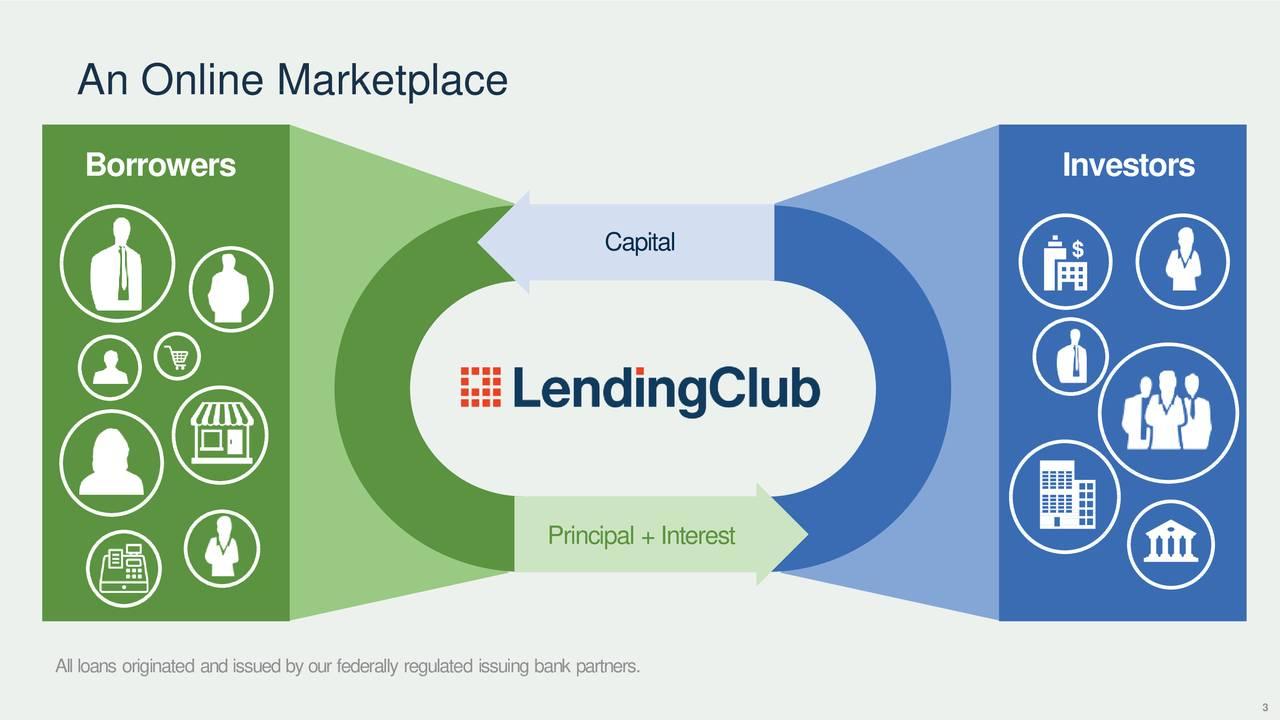The common thread through all of Christopher's endeavors is his love of problem solving, with his usual methods being analytical and computational in nature. Having learned coding at an early age, Christopher picks up new programming languages quickly and has experience in Python, R, C++, Haskell and assembly. Christopher's undergraduate work was in experimental solid state physics, wherein he helped to develop a working prototype radioisotope battery. For his PhD he switched gears to theoretical high energy physics, in which he made predictions for signals of dark matter at the Large Hadron Collider. For Christopher, Data Science has much of the same appeal that physics did; a field filled with challenging problems that requires one to learn techniques and tools which have a wide range of applications, but also requires one to apply rationale and critical thinking. Currently Christopher is honing his skills in data science in pursuit of a career outside of academia.
In the fast-paced world of data science, you need a little more than technical skills to transition from being a student to being hired.









